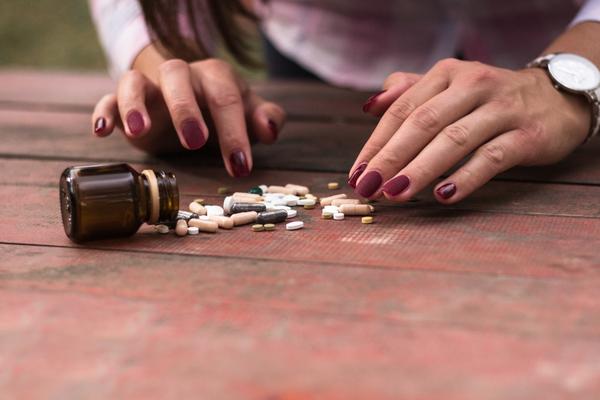This opioid epidemic that the United States has been experiencing has taken one too many lives. I have witnessed so many of my friends lose their battle with addiction over the past 7 to 8 years, and 9 out of 10 of these fatal overdoses have involved opioids. With the COVID-19 pandemic crippling the US to some degree since 2020, mental health issues have risen and the overdose fatalities have gotten significantly worse.
Losing a Loved One to Drug Overdose
If you have ever lost someone you love to a drug overdose, you know just how painful the experience is. The shock, devastation, sadness, guilt, and numerous other emotions you feel along with questions, a lot of questions. I recently reconnected with my first love; my high school sweetheart on social media. I knew he was having issues with heroin again because he told me he recently relapsed after a bad breakup. We spoke several times and then I didn’t hear from him for a while. I had heard he was in treatment but wasn’t really sure. On August 2nd, I got a call from him. He told me he had just gotten out of treatment and that he was sober, and I told him how proud I was of him. 4 days later, on August 6th, I got a message from his Dad saying he had passed away. A lot of times addicts will enter treatment and detox off of the opioids, not realizing that their tolerance is no longer what it used to be. They relapse thinking they can use the same amount they did before entering treatment, and it’s too much. This causes them to experience a fatal overdose.
Opioid Overdose After Drug Treatment
Extremely emotional, in shock, and not wanting to believe or accept that this is actually happening. I thought “he just got out of treatment, how did this happen”? Recovering from a heroin or opioid addiction is extremely difficult, and the relapse rate is very high. The National Institute of Health “Loss of tolerance and overdose mortality after inpatient opiate detoxification: follow up study” reported the following:
Over 20 months we recruited 137 consecutive opiate addicts who were receiving opiate detoxification as part of a 28-day inpatient treatment program and who consented to be followed up. Five patients died within 12 months after their discharge from the inpatient unit, of whom three had died after a drug overdose within the first four months after discharge. We successfully interviewed 103 patients (at a mean interval of 8.7 months after discharge). A search of records indicated that the remaining 29 patients were still alive one year after discharge. To test whether loss of tolerance increased the risk of overdose, we grouped the patients into three categories, according to their opiate tolerance at the point of leaving treatment: 43 “still tolerant” (ST) patients who failed to complete detoxification; 57 “reduced tolerance” (RT) patients who completed the prescribed phase of detoxification but who prematurely left the treatment program; and 37 “lost tolerance” (LT) patients who completed the detoxification and also completed the inpatient treatment program. The three overdose deaths that occurred within four months after treatment were all from the LT group. (NIH)
The Effects of Losing Someone You Love to Overdose
The death of my first love has been devastating. Where and how he was found hurt me so badly, and I still have a lot of questions surrounding his death that will likely never be answered. How do you move past something like this? Addiction is a terrible and lonely disease. I think after so many years of struggling, sadly some addicts give up. My high school sweetheart had just turned 47 years old. He had told me he was lonely. He never had any kids and never married. Was this an accident or did he give up on me? That’s something I’ll never know, but I do hope he is at peace now.
Treatment for Drug Addiction
Evoke Wellness at Cohasset provides cutting-edge addiction treatment. Our treatment program is a comprehensive program that tailors to the individual needs of each patient. At EVOKE Massachusetts, we use the most up-to-date, evidence-based treatment methods to help each of our clients achieve long-lasting recoveries. Are you ready to commit to changing your life and no longer having to struggle with this terrible disease of addiction? Our specialists are available 24/7 to get you the help you deserve. Don’t wait any longer, call us today.




